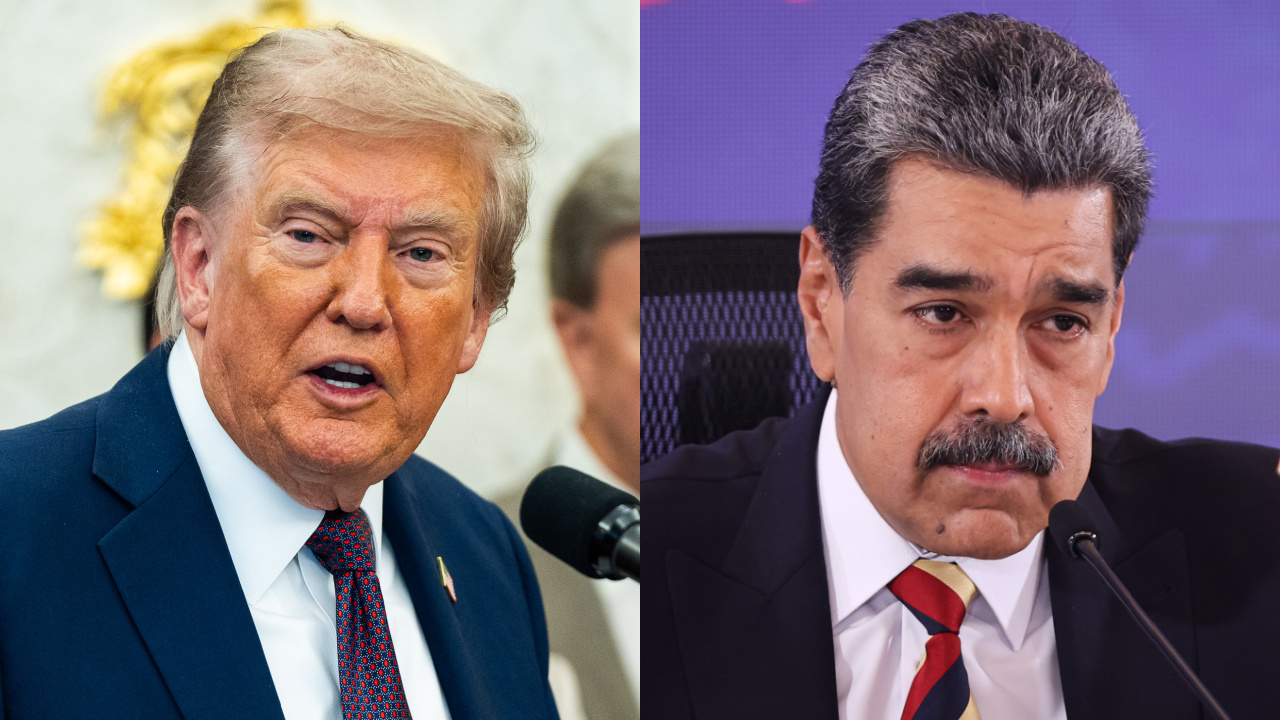Federal Judge Rules Ending TPS for Venezuelans and Haitians Is Unlawful
A federal judge has halted the Trump administration’s plan to end Temporary Protected Status (TPS) for individuals from Venezuela and Haiti. This decision follows an announcement by the Department of Homeland Security (DHS) setting the termination date for September 10, 2025. Here’s a summary of the latest developments on TPS protections for Venezuelans and Haitians.
For now, the Trump administration can’t cancel TPS for Venezuelans
The DHS has been working to strip hundreds of thousands of Venezuelans of their TPS protections. Earlier this week, after a Supreme Court decision from May, DHS announced it was ending TPS for Venezuelans. The decision would end protections for Venezuelans who received TPS in 2021, the original group of Venezuelans. The announcement sent panic through communities, like those in South Florida, who are heavily reliant on these protections.
“This case arose from action taken post haste by the current DHS Secretary, Kristi Noem, to revoke the legal status of Venezuelan and Haitian TPS holders, sending them back to conditions that are so dangerous that even the State Department advises against travel to their home countries,” U.S. District Judge Edward Chen wrote in a 69-page decision. “The Secretary’s action in revoking TPS was not only unprecedented in the manner and speed in which it was taken but also violates the law.”
The decision by the California judge offers a temporary sense of relief for TPS holders in the U.S. The National TPS Alliance, a group advocating for the rights of immigrants protected under the program, filed the lawsuit.
The termination announcement came at a questionable time
It was reported earlier this week that the U.S. targeted a boat in the ocean with a drone strike. The attack killed the 11 people on board, and the U.S. claimed they were drug smugglers. The unwarranted attack shocked the international community, with Venezuelan officials calling it a possible war crime.
The drone strike in international waters is facing strong criticism. The White House claims that the boat was carrying 11 members of Tren de Aragua. Officials did not provide evidence. The Trump administration claims that Venezuelan President Nicolás Maduro controls the gang. Venezuela has vehemently denied these claims.
Tensions between Venezuela and the U.S. are rising, with American military vessels being deployed. Venezuela sees the increased military presence by the U.S. as a hostile move. He has promised that if the U.S. attacks Venezuela, they will respond in force.
As human rights activists and political leaders have pointed out, driving a boat with drugs does not carry a death sentence. The sudden attack with no investigation or solid intelligence is not just a departure from international norms, but may violate international law.
Trump administration officials offered conflicting then suddenly aligned allegations. On Wednesday, Sept. 3, Secretary of State Marco Rubio claimed that the boat was headed to Trinidad and Tobago. President Donald Trump said it was heading to the United States. The following day, Sec. Rubio changed his account and agreed with the president that the boat was heading to the U.S.




